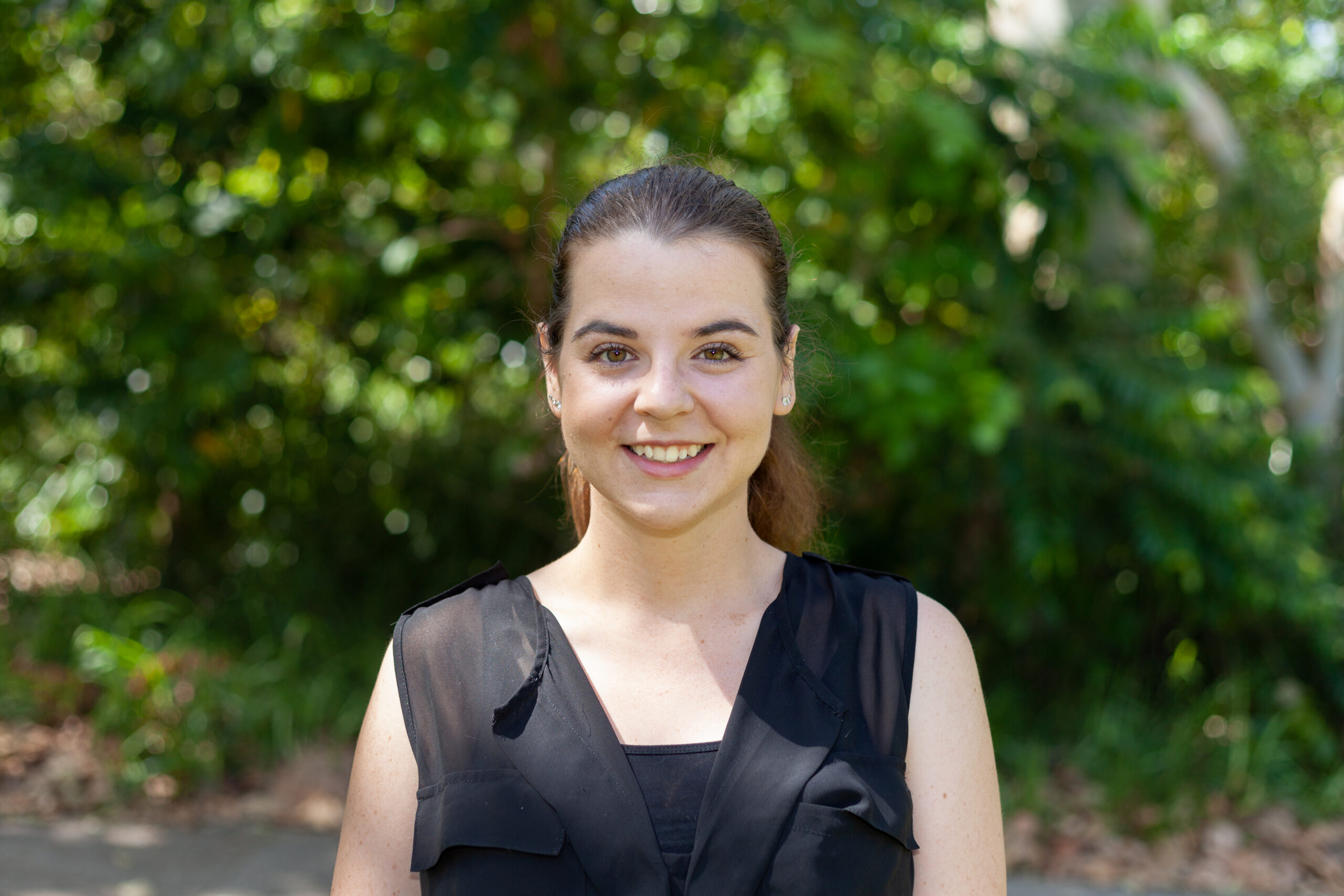Sarah Sutcliffe
PhD candidate
James Cook University

From 2005 to 2022, the main node of the ARC Centre of Excellence for Coral Reef Studies was headquartered at James Cook University in Townsville, Queensland (Australia)








Sarah was born in Melbourne, then lived on a boat travelling around Australia for a while, before moving to Townsville. She has spent her life around the ocean, taking every opportunity to get in the water and explore. Her love of science and marine life lead her to studying a Bachelor of Science, majoring in Marine Biology-Advanced at JCU. During her degree, she discovered a passion for the people who depend on marine systems, as well as the marine life itself. Her honours thesis examined media representations of the contribution of fish to food security in Solomon Islands. She is currently doing her PhD under the supervision of Prof. Josh Cinner, Dr. Michele Barnes, Dr. Pip Cohen and Dr. Jacqueline Lau, studying the impacts of COVID-19 on small-scale fishing communities in Papua New Guinea and Kenya, with a focus on how people have been able to adapt to preserve their livelihoods, food systems and wellbeing. Since commencing her PhD, she has also worked with WorldFish to promote food systems thinking in fisheries research, and develop ethical guidelines for remote research during the pandemic. She also works as a research assistant to Dr. Michele Barnes, using social network theory to study climate adaptation in coastal communities.
New DNA techniques are being used to understand how coral reacted to the end of the last ice age in order to better predict how they will cope with current changes to the climate. James Cook Univer
A new study on the effects of climate change in five tropical countries has found fisheries are in more trouble than agriculture, and poor people are in the most danger. Distinguished Profess
James Cook University researchers have found brightly coloured fish are becoming increasingly rare as coral declines, with the phenomenon likely to get worse in the future. Christopher Hemingson, a
Researchers working with stakeholders in the Great Barrier Reef region have come up with ideas on how groups responsible for looking after the reef can operate more effectively when the next bleaching
Abstract: As marine species adapt to climate change, their heat tolerance will likely be under strong selection. Individual variation in heat tolerance and its heritability underpin the potential fo
Abstract: The Reef Ecology Lab in KAUST’s Red Sea Research Center explores many aspects of movement ecology of marine organisms, ranging from adult migrations to intergenerational larval dispersal
Abstract: Macroalgal meadows are a prominent, yet often maligned component of the tropical seascape. Our work at Ningaloo reef in WA demonstrate that canopy forming macroalgae provide habitat for ad
Abstract: Sharks are generally perceived as strong and fearsome animals. With fossils dating back at least 420 million years, sharks are not only majestic top predators but they also outlived dinosa
Abstract: Connectivity plays a vital role in many ecosystems through its effects on fundamental ecological and evolutionary processes. Its consequences for populations and metapopulations have been
Abstract: Evolution of many eukaryotic organisms is affected by interactions with microbes. Microbial symbioses can ultimately reflect host’s diet, habitat range, and even body shape. However, how
Abstract: The past few years have seen unprecedented coral bleaching and mortality on the Great Barrier Reef (GBR) but the consequences of this on biodiversity are not yet known. This talk will expl